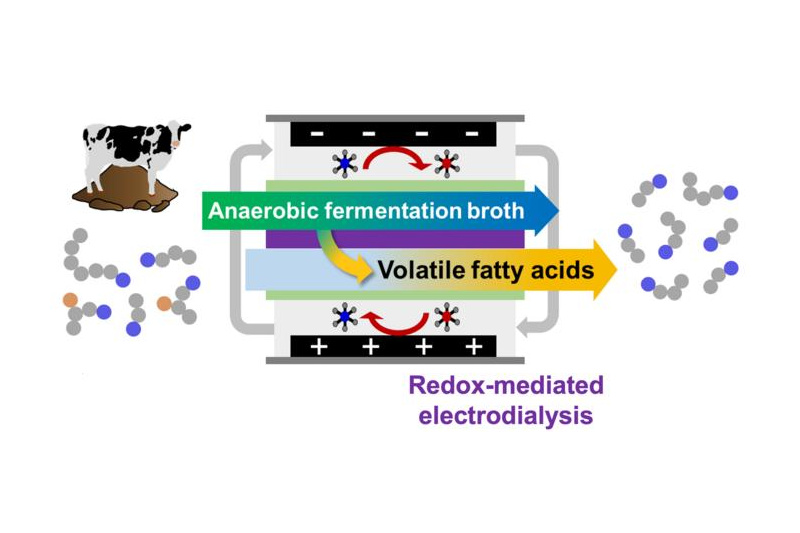

The sinking of the Prestige and the resulting leakage of petroleum oil, just over a year ago, provoked a real catastrophe. A significant number of research groups were prompted to set to work to clean up the remains of this oil slick. One year after, the first results of those researches are being known. They want to use bacteria that eat petroleum oil, extracted from the proper petroleum oil.
Certain bacteria are able to feed off petroleum oil which is, in fact, full of these kinds of bacteria. So, after the disaster in 2002, researchers from two biotech companies based in the administrative capital of the Basque Country, Gasteiz, (AB and Guserbiot) began the task. They collected samples from the beaches and began searching for these microscopic beings: the aim was to find a novel method of cleaning up the coast.
First, they took the samples to the laboratory in order to observe which kind of bacteria live in the petroleum oil in its natural state. It was seen that a great number of different microorganisms, hundreds, live together. They are bacteria of all kinds: those that eat the oil rapidly, those that degrade the petroleum very slowly … in other words, a wide variety.
It would seem that these bacteria work as a team. Some digest the big hydrocarbon molecules of oil, generating much shorter chains of carbon; other bacteria consume these shorter chains. At the termination of this teamwork, the oil has completely disappeared – only remains of water and carbon dioxide are left.
To date, methods such as these have not been tried out on our coasts. They are non- contaminant and, in the laboratory, they clean up the fuel easily. It now remains to be seen if trials on the beaches are equally positive. Also, what has had to be modified is the method by which the bacteria are able to eliminate the oil, not only from the rocks, but also from the water and to eliminate the oil accumulated under the sand. The first trials start in March to test their efficacy.
Apart from Guserbiot and AB Laboratorios de Biotecnologia S. A., also participating in the research are, Gaiker, Leia, the Cubano Oceanographic Institute and the University of Oviedo.
Contact :
Jon Kepa Izaguirre Goyoaga
A&B Laboratorios de Biotecnología S.A.
kepa@ab-laboratorios.com
(+34) 945291616














